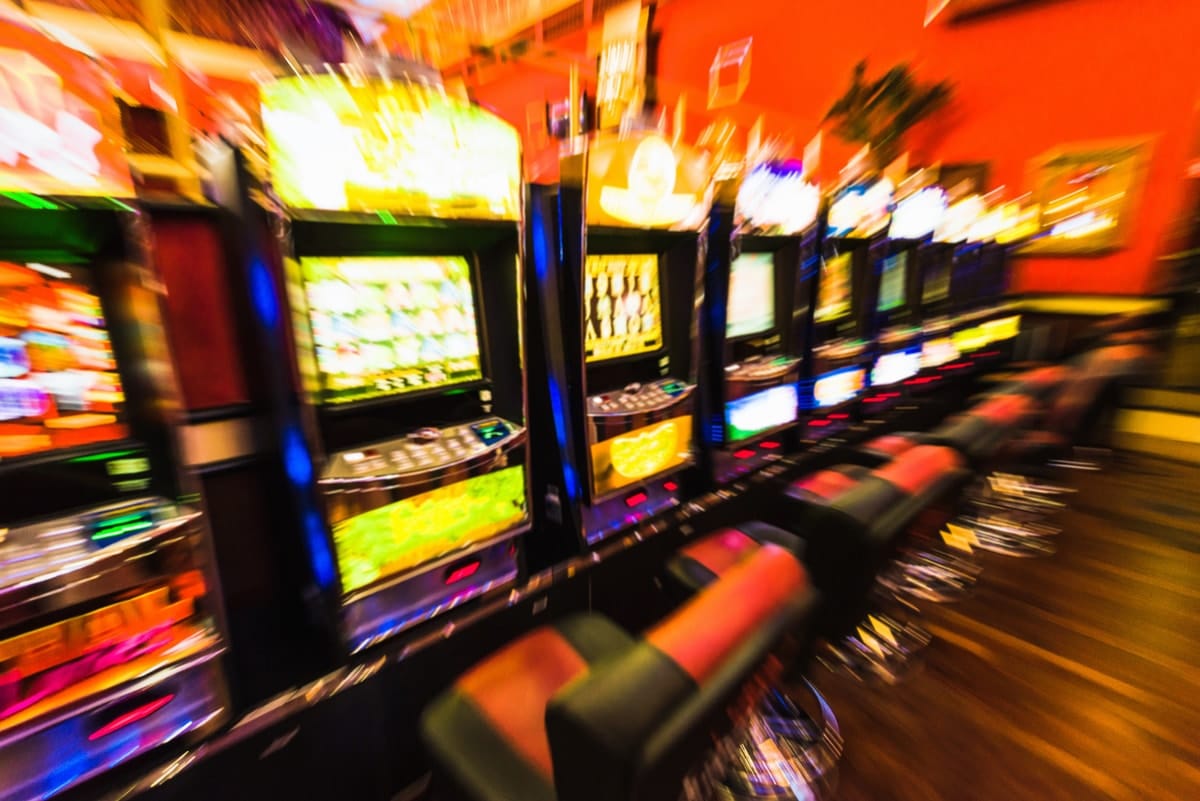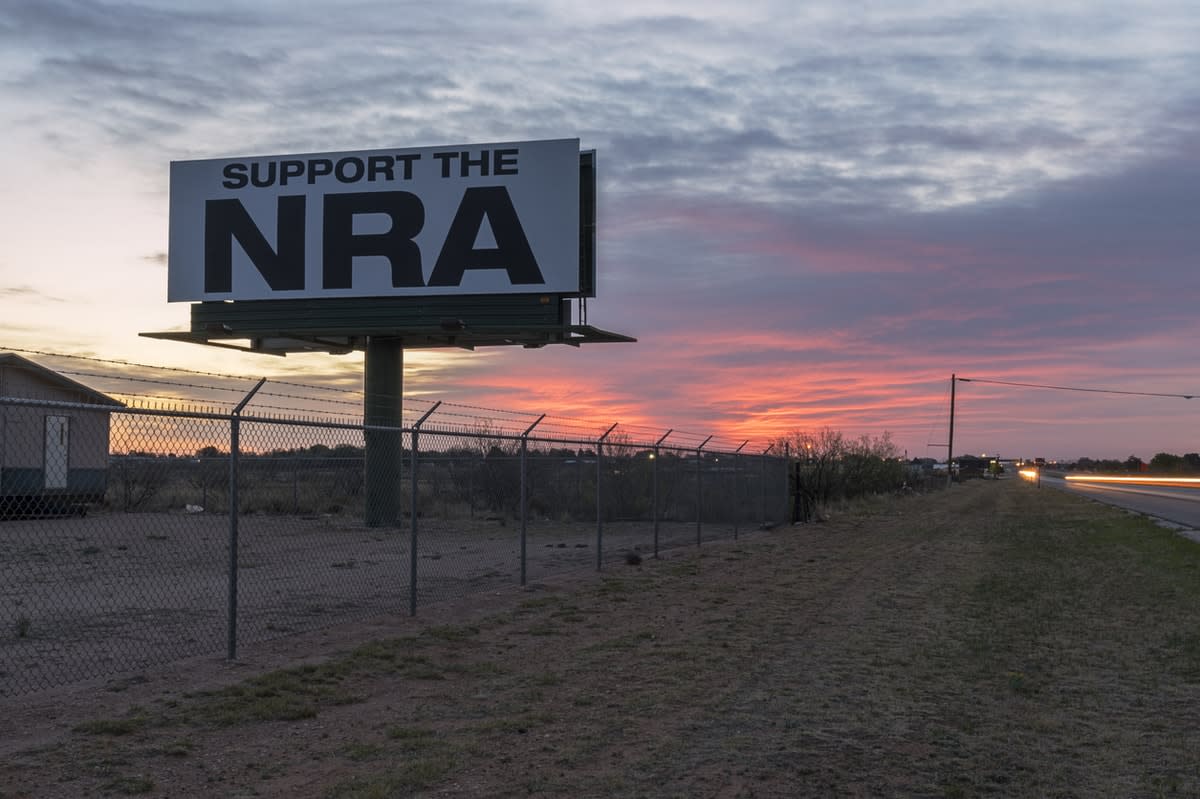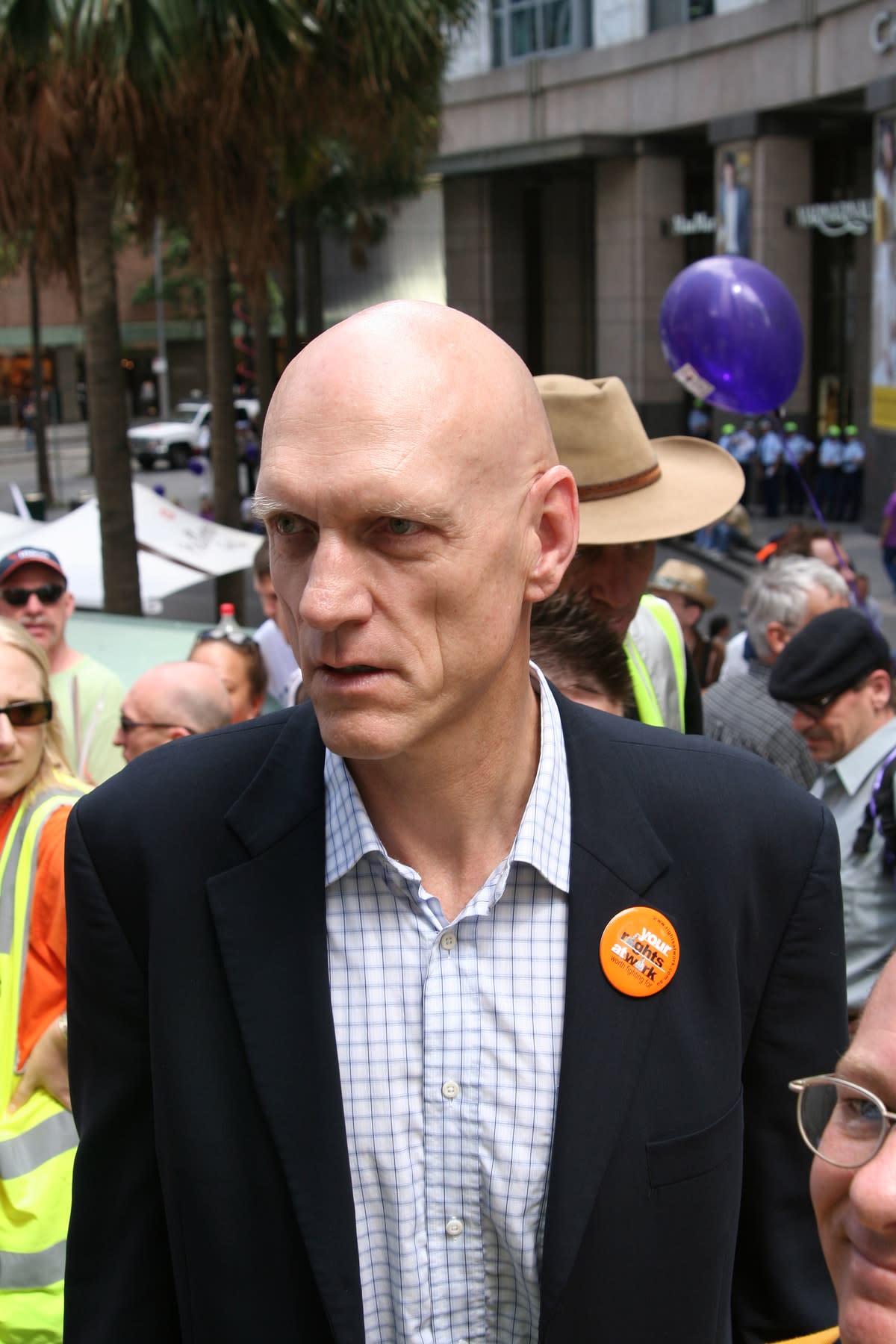
Whenever Australians learn of a mass shooting in the US, we tend to feel relieved – and maybe a little smug – that our political leaders were sensible enough to restrict gun ownership after the 1996 Port Arthur massacre.
We might even congratulate ourselves that the National Rifle Association, which fiercely opposes gun reform in the US, has no equivalent in this country.
But Australians have their own weaknesses, and one is gambling. Australia has more poker machines per person than any other country in the world (if you exclude the small, casino-dominated states of Macau and Monaco).
According to Charles Livingstone, the head of the Monash Gambling and Social Determinants Unit, we also have “75 per cent of the world’s high-intensity gaming machines in pub and club venues”.
Meanwhile, our gaming machine lobby, like the NRA, successfully blocks any attempt to wind back poker machines and the damage they inflict. Dr Livingstone says this is no accident – they’ve taken lessons from the NRA playbook.

On its website, the NRA describes itself as America’s “longest-standing civil rights organisation”, with more than five million members.
The rhetoric is important. “The NRA doesn’t talk about the harm guns can do, they talk about the right to bear arms, which is enshrined in the US constitution – although I don’t think the founding fathers envisioned people running amok with AR-15s in shopping malls,” Dr Livingstone says.
He also points out that its five million members represent only 1.5 per cent of the 329 million-strong US population. “Most Americans are not gun owners. Most Americans are terrified of guns,” he says.
Community voice?
ClubsNSW, which represents suburban leagues clubs, also claims to speak for the community generally – but Dr Livingstone says that over the course of a year, only about a quarter of the NSW population will use a gaming machine. In other words, three-quarters of people in NSW choose not to use them.
Although US opinion polls consistently show that most Americans back gun-law reform, politicians who wish to limit gun ownership have so far been unable to make meaningful change.
Similarly, according to Australian opinion polls, most Australians want to limit access to poker machines. Yet they continue to proliferate in pubs and clubs – except for Western Australia, where they can only be found in the casino. “Every survey I’ve ever seen shows that 70 per cent of Australians want restrictions on poker machine gambling,” Dr Livingstone says. “They want less access, and lower-impact machines.”
“The industry is very good at always making the issue about something else.”
Dr Livingstone says the NRA’s influence on the poker machine debate became evident after 2010, when former prime minister Julia Gillard promised Tasmanian independent MP Andrew Wilkie that she would introduce reform. In return, WIlkie agreed to support her minority government.
Wilkie wanted to implement a pre-commitment system so that punters could nominate the amount they were prepared to lose before they began to play. In Dr Livingstone’s words, the aim was to limit the financial damage that could be inflicted when a player was “in the grip of their addiction”.
He says the reform bid failed, partly because “the clubs very successfully made it not about poker machines, but about an infringement on our rights”.
Read more: New research shows pokies operators aren't nearly as charitable as they claim
“The industry is very good at always making the issue about something else,” he says. In last year’s Tasmanian election, for instance, “they made it about how the jobs in Tassie pubs would be lost if the pokies were lost”. The bigger issue was why pub jobs needed to be subsidised by poker machine losses in the first place, but that was never debated, he says.
Last year in NSW alone, $5.8 billion was lost to gaming machines, with 70 per cent of this lost to the clubs. This amounts to a formidable war chest for the poker machine lobby.

Following the NRA's lead
In January 2012, ClubsNSW chief executive Anthony Ball and senior policy and government relations manager Josh Landis attended a two-week course at American University’s Public Affairs and Advocacy Institute. One of the speakers was Glen Caroline, who directed the NRA’s “grassroots division”. The Australians learned how to target lawmakers and how to mobilise their own members to give the impression of broad community support.
In response to the Wilkie reforms, ClubsNSW also took aim at vulnerable Labor politicians – notably former education minister and Midnight Oil frontman Peter Garrett, and the former member for Eden-Monaro, Mike Kelly. “It was a coordinated campaign to put these politicians into meeting rooms where they were large numbers of hostile audience members who were bussed in by the clubs to make a lot of noise,” Dr Livingstone says. “They'd been fed a pack of lies about how their clubs were going to disappear, that these reforms would be a catastrophe, and that they would suffer enormous damage.”
Effects on health revealed
Poker machines not only inflict financial harm, but are also a health hazard, Dr Livingstone says, and their health impacts are only now being understood. “Many people who are in a state of mental ill-health use poker machines to self-medicate in the same way that many people use illicit drugs to self-medicate,” he says.
“Poker machines, like all addictions, encourage the release of the ‘reward’ neurochemical dopamine. Although it relieves your stresses for a while, it also means that you end up in a much worse position than when you started.”
And, Dr Livingstone says, this is just the tip of a large iceberg. “Pokies are also associated with increased rates of family violence, neglect of children, loss of relationships, and, in extreme cases, suicide.”
“Pokies are a major public health problem. Gambling operators want to stay with business-as-usual. But the more we know about the harm, the more we must act to make gambling safer, and prevent harm.”
Find out more about this topic and study opportunities at the Graduate Study Expo





